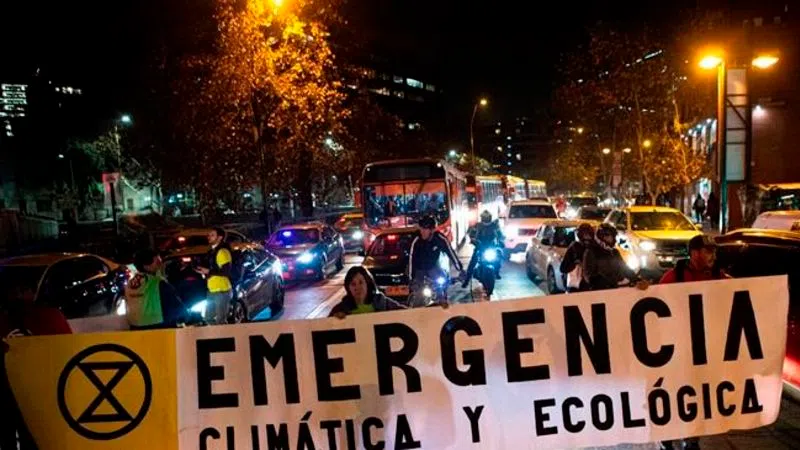
Quebec environmental activists adopt civil disobedience to get climate action
MONTREAL — Environmental activists in Quebec are turning towards civil disobedience as a way of pressuring politicians to do more to fight climate change.
They are part of a global movement of activists who advocate for the use of non-violent civil disobedience as a tool to stop what they fear is the looming mass extinction of humans.
Elza Kephart helped start the Quebec branch of the international movement, called Extinction Rebellion, or XR, which began in the United Kingdom in 2016. Twenty-five members of her group — Extinction Rebellion Quebec — were arrested July 13 after they blocked traffic on a major downtown Montreal street.
“We have gotten to the point where only drastic change in our system can save humanity from extinction,” she said in a recent interview. XR activists say they are looking for peaceful ways to disrupt the economy and “shake the current political system” to get that immediate, drastic change, according to the U.K. group’s website.


